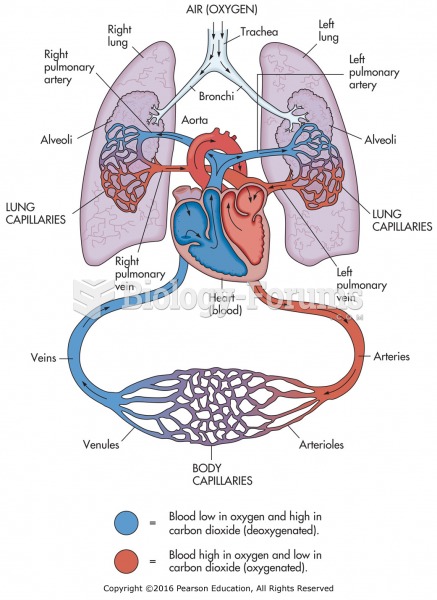Answer to Question 1
People who are not able to relax place a constant low-level strain on the cardiovascular system that could manifest as heart disease. Higher levels of the hormones epinephrine and cortisol in highly stressed people may raise blood pressure, elevate blood glucose levels, and increase cholesterol by 20 to 50 percent.
Chronic stress also causes an increase of the brain chemical neuropeptide Y that promotes storage of visceral fat, further increasing the risk for type 2 diabetes, heart disease, some cancers, and body-wide inflammation.
In addition, when people are in a stressful situation, the coronary arteries that feed the heart muscle constrict, reducing the oxygen supply to the heart. If the blood vessels are largely blocked by atherosclerosis, arrhythmias or even a heart attack may follow. The research indicates that people who feel too much stress too often significantly increase their risk for a deadly heart attack.
Answer to Question 2
Smoking prompts the release of nicotine and another 1,200 toxic compounds into the bloodstream. Similar to hypertension, many of these substances are destructive to the inner membrane that protects the walls of the arteries. Once the lining is damaged, cholesterol and triglycerides can be deposited readily in the arterial wall. As the plaque builds up, it obstructs blood flow through the arteries.
Smoking also encourages the formation of blood clots, which can completely block an artery already narrowed by atherosclerosis. In addition, carbon monoxide, a byproduct of cigarette smoke, decreases the blood's oxygen-carrying capacity. A combination of obstructed arteries, less oxygen, and nicotine in the heart muscle heightens the risk for a serious heart problem.
Smoking also increases heart rate, raises blood pressure, and irritates the heart, which can trigger fatal cardiac arrhythmias. Another harmful effect is a decrease in HDL cholesterol, the good type that helps control blood lipids. Smoking actually presents a much greater risk of death from heart disease than from lung disease.







